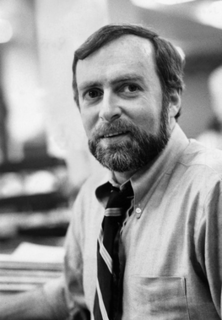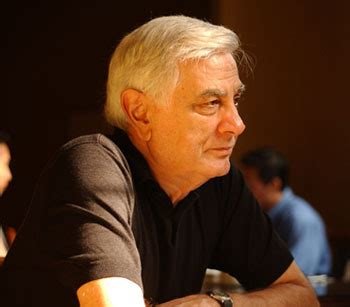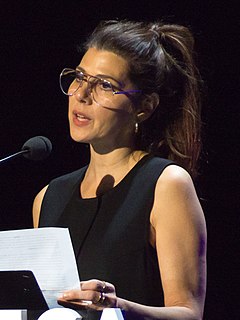A Quote by Sydney Schanberg
If you believe in journalism, you don't insult good journalists.
Quote Topics
Related Quotes
Comedians, such as yourself, Jon Stewart and others, are a valuable supplement, and here's why: Good journalism at its best frequently speaks truth to power. What's happened with journalists - again, I don't except myself from this criticism - in some ways we've lost our guts. We need a spine transplant. What's happened is comedians, in their own way, speak truth to power and fill that vacuum that we in journalism have too often left, particularly post 9/11.
With "Good Night, and Good Luck," I think it's kind of obvious what [Truman Capote]'s getting at there, and the importance of how it's playing out today, that is journalism doing, are the journalists doing their job, are they being the other checks and balances in our country that the way that obviously Edward R. Murrow was back then.
Almost everything I've learned about journalism has been from other friends who are journalists, taking advantage of the money I hope they don't think they threw away at j-school. I studied comparative literature, but the professional vagaries of journalism I've learned through other people's trial and error, and my own.































